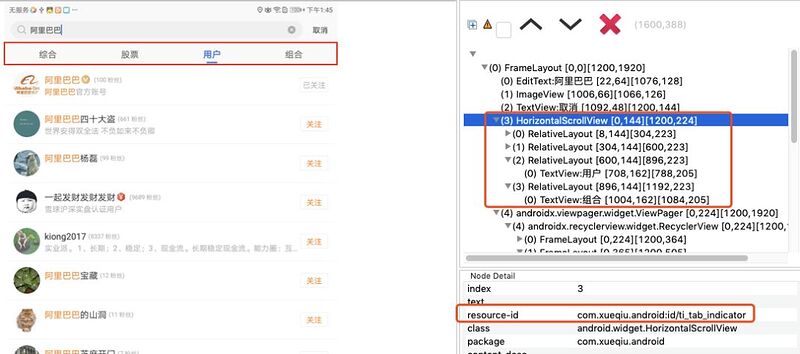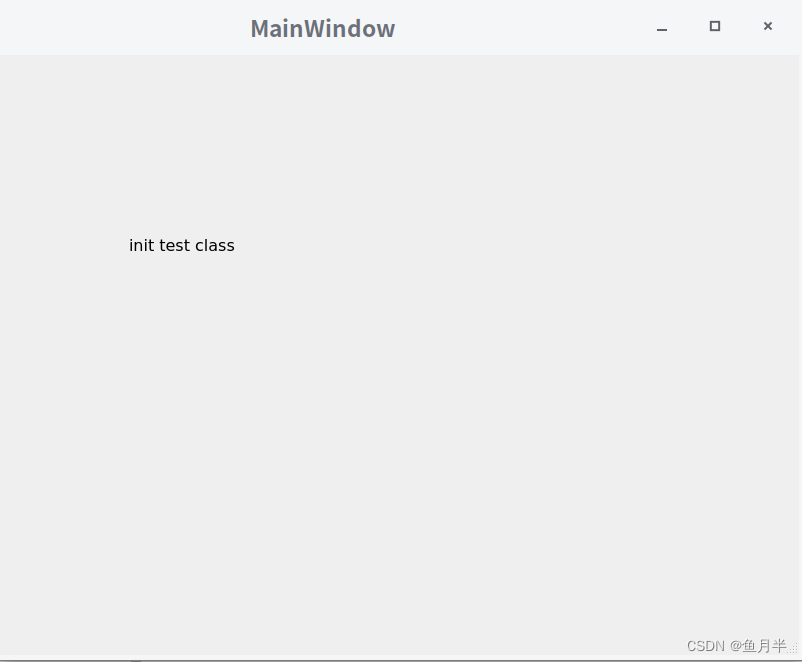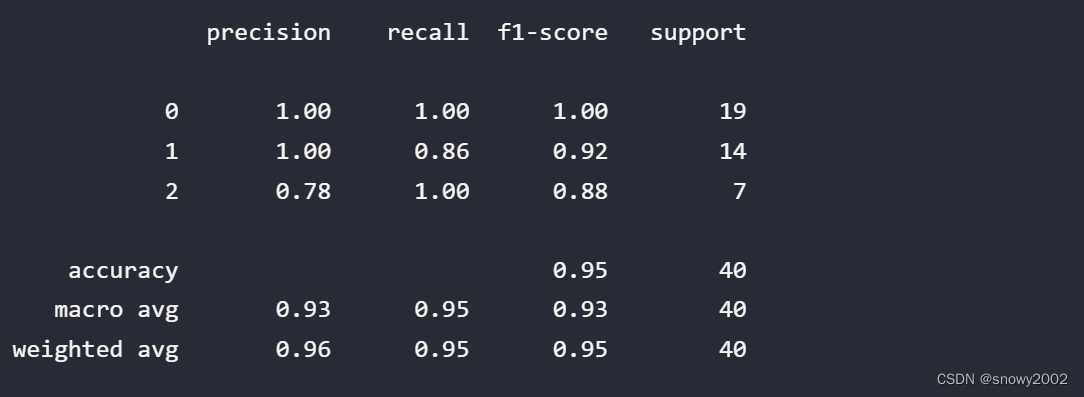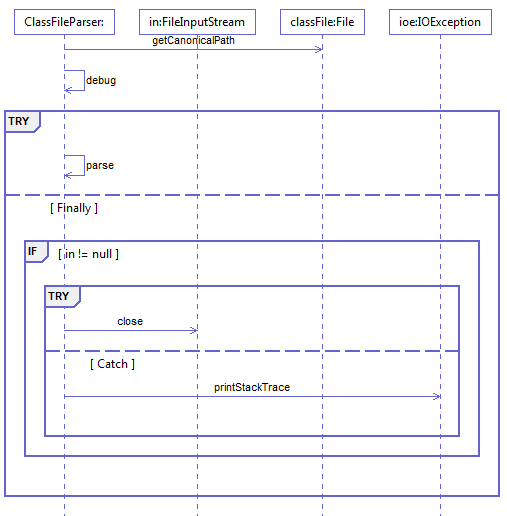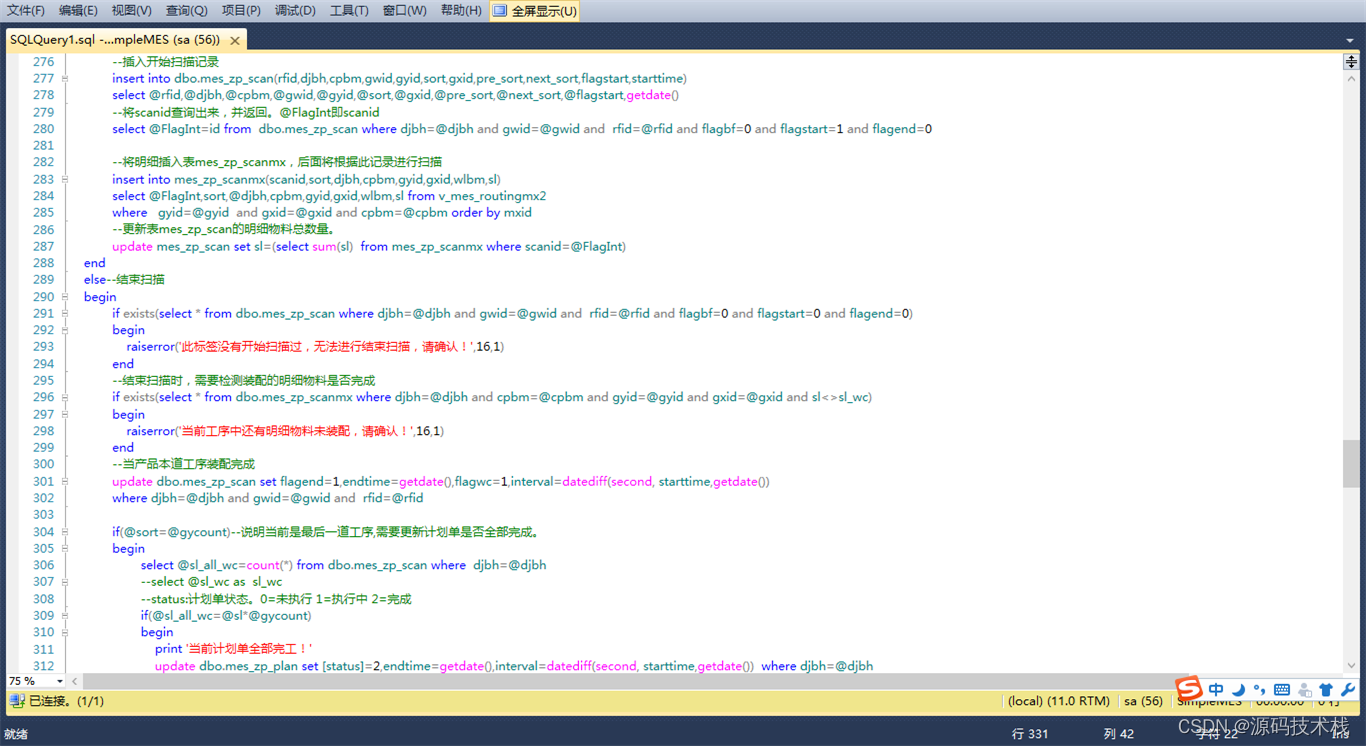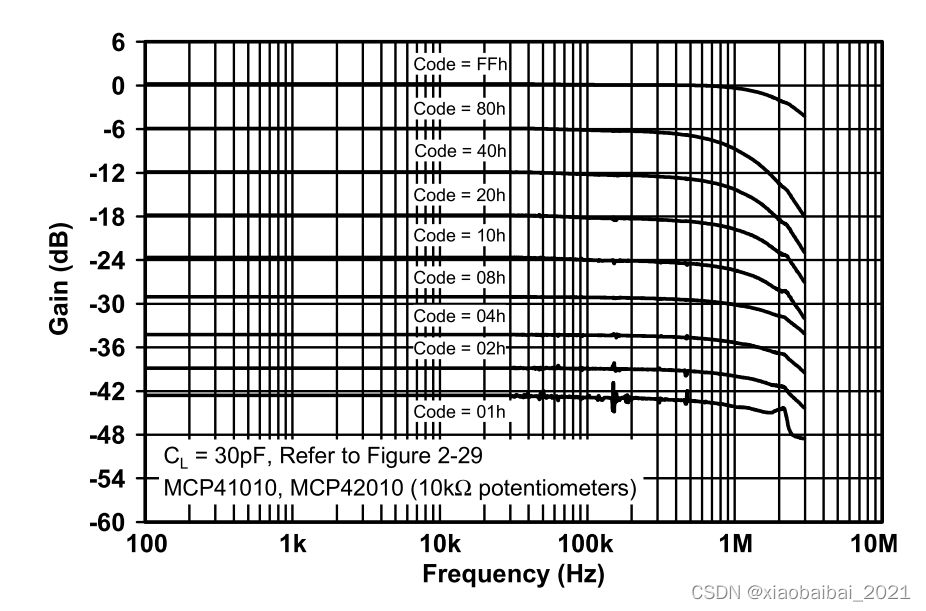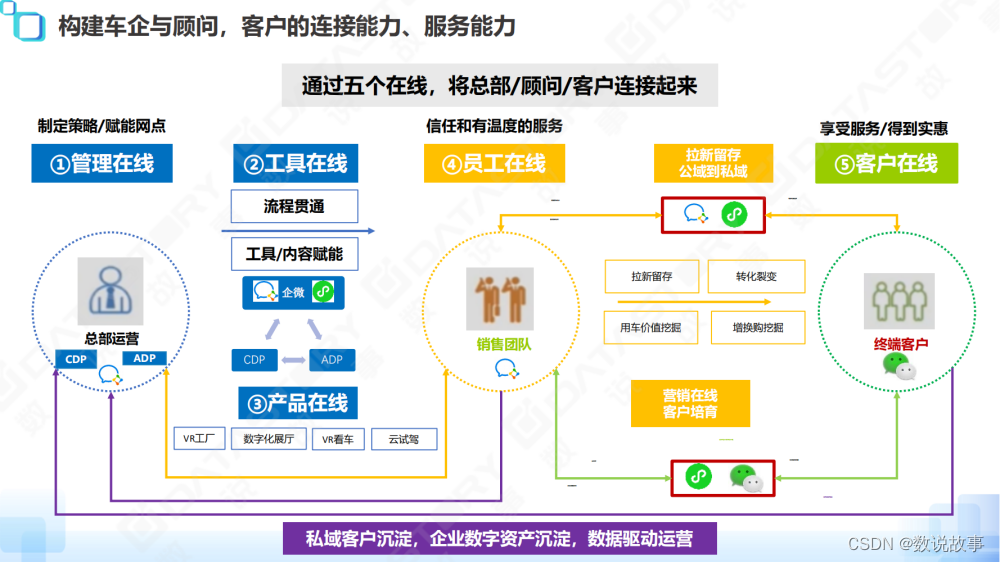利用System.Management提供的类可以用于读取本地计算机设备的各种数据,包括操作系统、软件、硬件的各种详细信息,内容很丰富。
System.Management的命名空间下,ManagementObjectSearcher类用于查询特定类型的设备,ManagementObjectCollection类用于枚举查询结果中的设备,ManagementBaseObject类用于获取设备属性等。
写几行代码就可以获取到计算机丰富的配置信息。
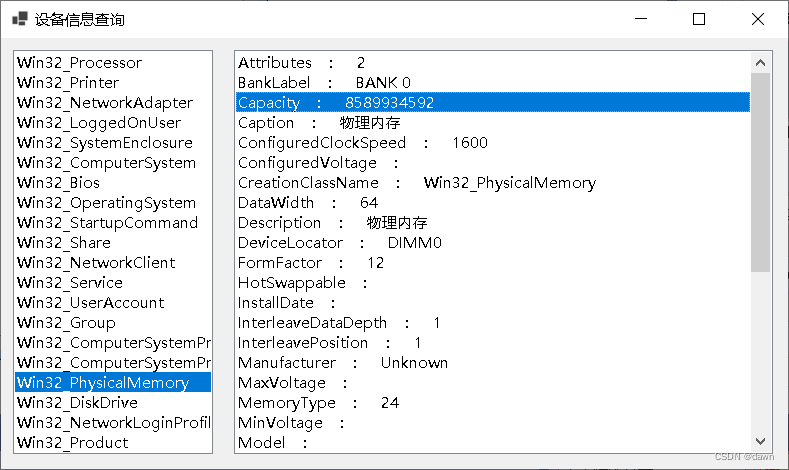
代码比较简单:
private void listBox1_DoubleClick(object sender, EventArgs e)
{
if (listBox1.SelectedItem!=null)
{
//得到选择的字符串
string StrSelect = listBox1.SelectedItem.ToString();
listBox2.Items.Clear();
GetComputerInfo(StrSelect);
}
}
private void GetComputerInfo(string StrSQL)
{
ManagementObjectSearcher searcher = new ManagementObjectSearcher("SELECT * FROM "+StrSQL);
foreach (ManagementObject obj in searcher.Get())
{
foreach (PropertyData prop in obj.Properties)
{
listBox2.Items.Add(prop.Name + " : " + prop.Value);
}
}
}关键在于对这些表所包含信息的筛选,这个可以根据自己的需要来取舍。
我总结了常用到的表名及对应包含的信息:
01. Win32_Processor:处理器信息;
02. Win32_Printer:打印机信息;
03. Win32_NetworkAdapter:网络适配器信息;
04. Win32_LoggedOnUser:登录用户信息;
05. Win32_SystemEnclosure:系统外壳信息;
06. Win32_ComputerSystem:计算机系统信息;
07. Win32_Bios:BIOS信息;
08. Win32_OperatingSystem:操作系统信息;
09. Win32_StartupCommand:启动命令信息;
10. Win32_Share:共享信息;
11. Win32_NetworkClient:网络客户端信息;
12. Win32_Service:服务信息;
13. Win32_UserAccount:用户帐号信息;
14. Win32_Group:组信息;
15. Win32_ComputerSystemProduct:计算机系统产品信息;
16. Win32_ComputerSystemProcessor:计算机系统处理器信息;
17. Win32_PhysicalMemory:物理内存信息;
18. Win32_DiskDrive:磁盘驱动器信息;
19. Win32_NetworkLoginProfile:网络登录配置文件信息;
20. Win32_Product:安装的软件产品信息。
21. Win32_BaseBoard:主板信息
22. Win32_PhysicalMemory:内存信息
23. Win32_DiskDrive:硬盘信息
24. Win32_VideoController:显卡信息
25. Win32_SoundDevice:声卡信息
26. Win32_ComputerSystem:计算机系统信息
有了上面的信息表,你可以利用这些表来做很多的事情了。

